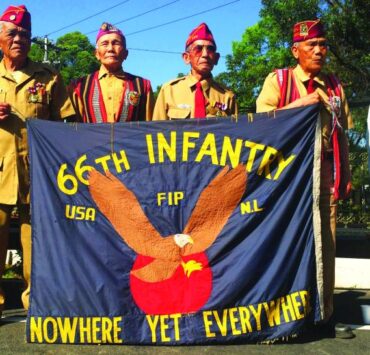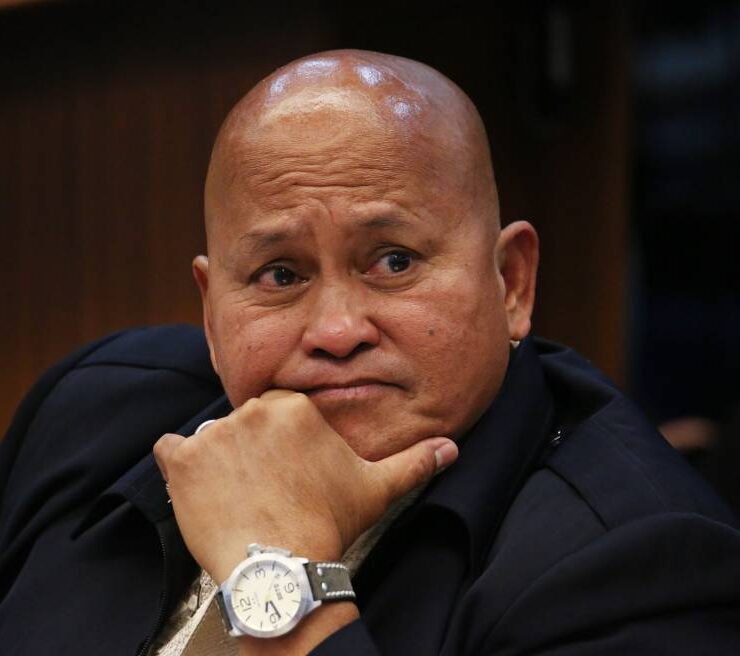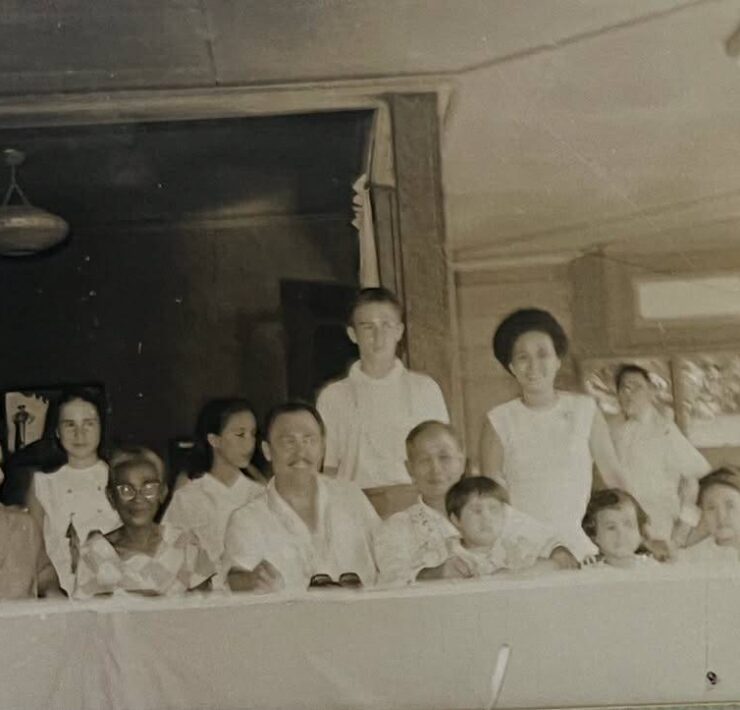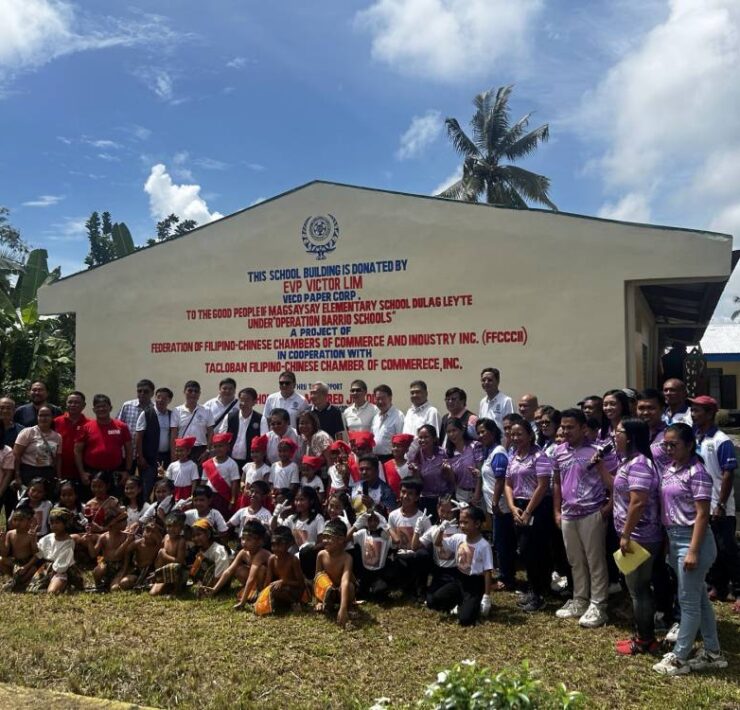Conti: Wrong death reports can be explained at ICC
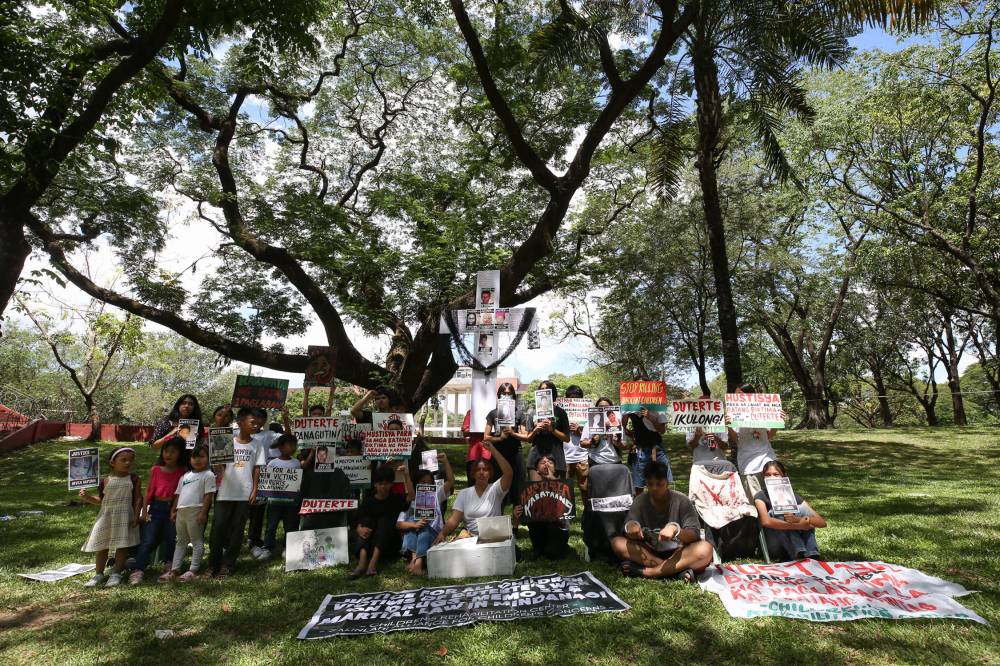
The families of those who were among the more than 6,000 killed in the drug war of former President Rodrigo Duterte can still seek justice from the International Criminal Court (ICC), even if they were issued erroneous death certificates.
According to human rights lawyer Kristina Conti, death certificates are not required when applying to be recognized as victims, but they only have to explain to the court why the cause of death is inaccurate.
Other documentation, such as police reports, are also not compulsory in the ICC’s application process as these would not be admitted as evidence against Duterte, she added.
Acknowledged deaths
The Philippine National Police and Philippine Drug Enforcement Agency have officially acknowledged that more than 6,000 were killed in antidrug operations during Duterte’s tenure.
“The problem is some of them are frightened or are being discouraged,” Conti told the Inquirer in a phone interview.
“They say: oh, we might get bashed … or we don’t have any police report, or our death certificate says pneumonia … it’s okay because you just have to explain,” the lawyer added.
Conti said she hopes groups representing the drug war victims would be able to gather at least 1,500 individuals, a target approximating those who were already involved in the preliminary examination and investigation by the ICC Prosecutor.
“But then, this target could be also on a rolling basis. Because the application of victims is [open] at every stage of the proceedings,” Conti explained.
“There are victims that we have not reached and hope to still reach … and those who may have had a change of heart because of Duterte’s arrest,” Conti said, pointing to the continuing support of groups such as Rise Up for Life and for Rights.
“Even if the submissions from the other victims will not constitute evidence, they will contribute facts and explain to the court how the situation is actually in the Philippines,” said Conti, who has been providing legal assistance to victims since 2016.
After ICC exit
For victims of the drug war killings not covered by ICC jurisdiction, or after March 2019, when the Philippines withdrew from the Rome Statute, Conti stressed that they could “indirectly benefit” from the ongoing ICC case and the potential reparations.
“We at Rise Up are not turning them away because the reparations could be collective,” she explained. “Because we’re also looking at memorials, cemeteries, livelihood projects and many other options for reparations, which could indirectly benefit victims excluded from the case.”
And even with Duterte’s arrest and detention in the Netherlands, Conti said perpetrators should still be held accountable for every death under the war on drugs.
Meanwhile, human rights lawyer Joel Butuyan, who has also been representing drug war victims, slammed Duterte’s lawyer Nicholas Kaufman for insinuating that he and other lawyers do not speak on behalf of the victims because they were not yet officially designated by the ICC.
“It is untrue—and frankly, elitist—to suggest that only those formally appointed by the ICC as victims’ counsel have the right to speak on matters concerning the proceedings. The Rome Statute encourages public engagement, and the court itself provides avenues for amicus briefs, written submissions by nonparties to a case, and civil society participation,” he said in a Facebook post on Friday night.
Butuyan stressed that victims have the right to choose their counsel and “to imply otherwise is misleading and denies agency to victims.”















